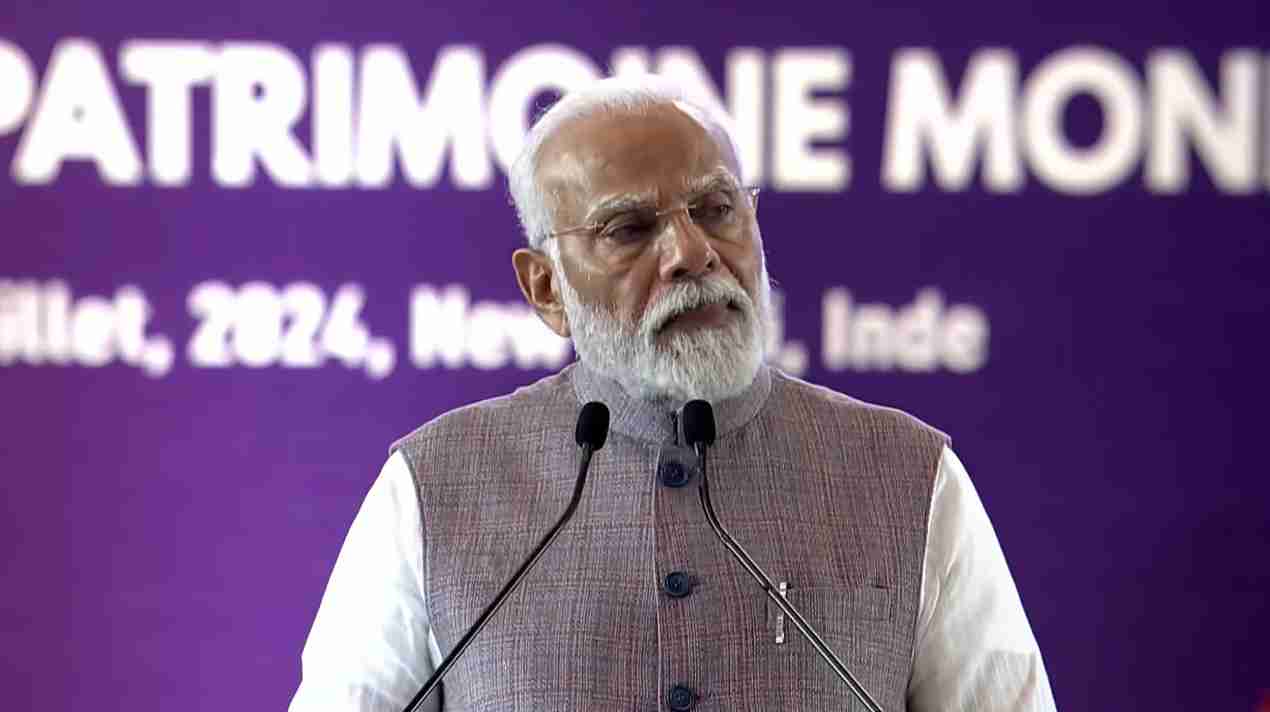Prime Minister Narendra Modi delivered a compelling address at the opening ceremony of the 46th Session of the World Heritage Committee, urging a reevaluation of India’s ancient history through the lens of new archaeological discoveries and scientific advancements.
In his keynote speech, PM Modi challenged the traditional timelines of Indian civilization, asserting that its roots are deeper and more expansive than previously understood. “As we uncover new evidence and advance our scientific methods in historical research, it becomes imperative to develop fresh perspectives on our past,” he emphasized. PM Modi specifically highlighted recent discoveries in Sinauli, Uttar Pradesh, which have unveiled significant archaeological findings shedding light on India’s ancient heritage.
“The discoveries in Sinauli are pivotal in shaping our understanding of India’s ancient civilizations,” PM Modi stated. He underscored the importance of integrating these discoveries into global discourse on cultural heritage and historical narratives.
The World Heritage Committee session serves as a crucial forum for nations to collaborate on the preservation and promotion of cultural and natural heritage sites worldwide. PM Modi’s address resonated with delegates, emphasizing the need for embracing new archaeological insights to enrich global understanding of India’s cultural continuum.
“India’s history is a mosaic of diverse cultures and innovations that have stood the test of time,” PM Modi remarked. He highlighted the role of rigorous scientific inquiry in unraveling the complexities of ancient civilizations and preserving their legacy for future generations.
Throughout the session, participants will engage in discussions aimed at fostering international cooperation in heritage conservation and sustainable tourism practices. PM Modi expressed optimism that through shared efforts, nations can collectively enhance global appreciation for cultural diversity and historical depth.
In conclusion, PM Modi reaffirmed India’s commitment to supporting research initiatives and archaeological explorations that illuminate its ancient past and contribute to global efforts in heritage conservation and scholarly dialogue.



